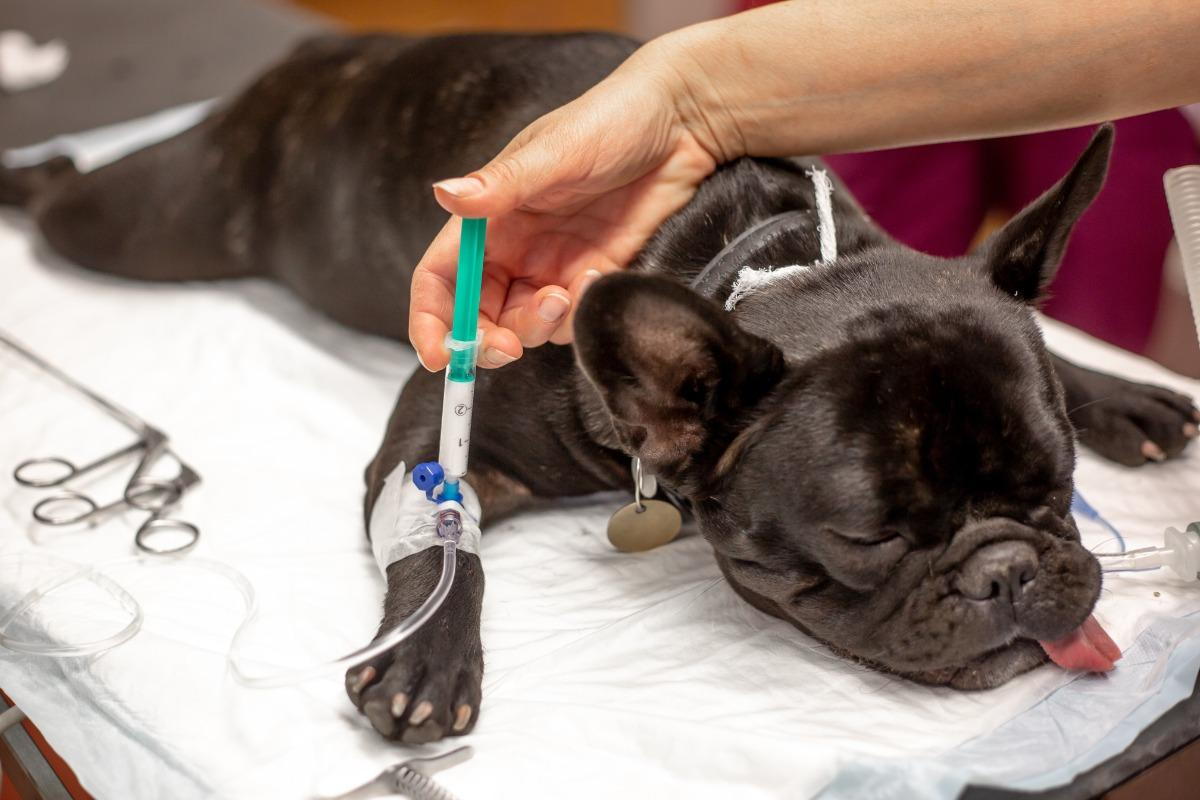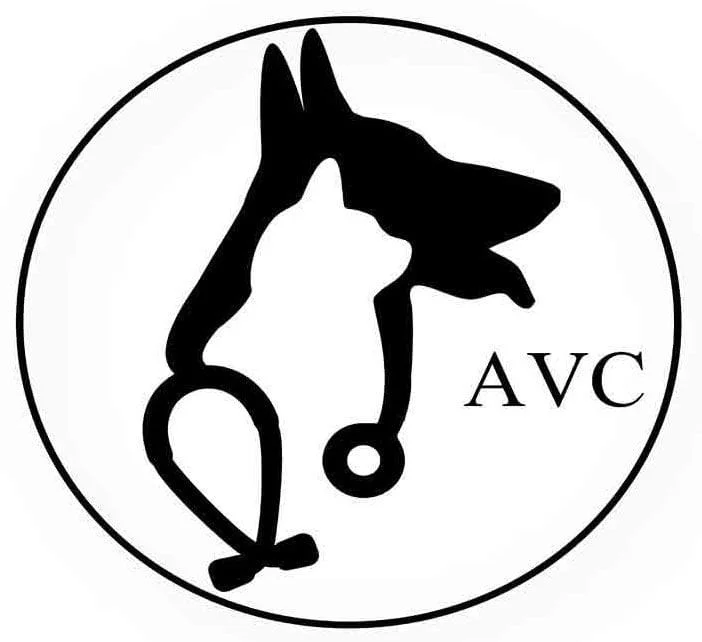5039 Pacific Ave , Tacoma, WA 98408
Location
Anesthesia and Pets: What You Need to Know

- posted: Apr. 05, 2024
Anesthesia and Pets: What You Need to Know
When your beloved pet requires surgery, it's natural to feel concerned about his or her well-being, particularly when it comes to anesthesia. Anesthesia is a vital component of pet surgery, ensuring that your furry friend remains pain-free and immobile during the procedure. Before visiting Avenue Veterinary Clinic in Tacoma, WA, for care, learn more about anesthesia and its benefits below:
Risks and Benefits
While anesthesia is generally safe for pets, there are inherent risks associated with its use, as with any medical procedure. However, the benefits of anesthesia in pet surgery far outweigh the potential risks. It also allows our veterinarians to perform surgeries more effectively and efficiently. Not only that, but it also reduces the duration of procedures and minimizes post-operative pain for the animal.
Pre-Surgical Assessment
Before administering anesthesia, our veterinarians conduct a thorough pre-surgical assessment to evaluate your pet’s overall health and identify any potential risks or complications. This assessment may include blood tests, physical examinations, and discussions with pet owners to ensure the safest possible outcome for the procedure.
Types of Anesthesia
There are different types of anesthesia used in pet surgery, depending on the procedure and the individual needs of the animal. General anesthesia, which renders the pet unconscious and unable to feel pain, is commonly used for major surgeries. Local anesthesia, on the other hand, numbs a specific area of the body and is often used for minor procedures or to manage pain after surgery.
Monitoring During Surgery
During pet surgery, our staff closely monitor the patient's vital signs, including its heart rate, blood pressure, and oxygen levels to ensure safety and comfort. Continuous monitoring allows for immediate intervention in the event of any complications or adverse reactions to anesthesia.
Post-Operative Care
After a surgical procedure, pets are carefully monitored as they recover from the effects of anesthesia. Our vets provide appropriate pain management and supportive care to help your furry friends heal and resume their normal activities as quickly as possible. Owners are also given detailed instructions on how to care for their pets during recovery at home.
Contact Us for an Appointment Today
If your pet requires surgery or you have any concerns about anesthesia, contact Avenue Veterinary Clinic in Tacoma, WA, at (253) 472-3359 today. Our compassionate team is here to answer your questions and provide the personalized care your cat or dog deserves. Call us today to schedule a consultation and learn more about our comprehensive veterinary services!

- posted: Apr. 05, 2024
Anesthesia and Pets: What You Need to Know
When your beloved pet requires surgery, it's natural to feel concerned about his or her well-being, particularly when it comes to anesthesia. Anesthesia is a vital component of pet surgery, ensuring that your furry friend remains pain-free and immobile during the procedure. Before visiting Avenue Veterinary Clinic in Tacoma, WA, for care, learn more about anesthesia and its benefits below:
Risks and Benefits
While anesthesia is generally safe for pets, there are inherent risks associated with its use, as with any medical procedure. However, the benefits of anesthesia in pet surgery far outweigh the potential risks. It also allows our veterinarians to perform surgeries more effectively and efficiently. Not only that, but it also reduces the duration of procedures and minimizes post-operative pain for the animal.
Pre-Surgical Assessment
Before administering anesthesia, our veterinarians conduct a thorough pre-surgical assessment to evaluate your pet’s overall health and identify any potential risks or complications. This assessment may include blood tests, physical examinations, and discussions with pet owners to ensure the safest possible outcome for the procedure.
Types of Anesthesia
There are different types of anesthesia used in pet surgery, depending on the procedure and the individual needs of the animal. General anesthesia, which renders the pet unconscious and unable to feel pain, is commonly used for major surgeries. Local anesthesia, on the other hand, numbs a specific area of the body and is often used for minor procedures or to manage pain after surgery.
Monitoring During Surgery
During pet surgery, our staff closely monitor the patient's vital signs, including its heart rate, blood pressure, and oxygen levels to ensure safety and comfort. Continuous monitoring allows for immediate intervention in the event of any complications or adverse reactions to anesthesia.
Post-Operative Care
After a surgical procedure, pets are carefully monitored as they recover from the effects of anesthesia. Our vets provide appropriate pain management and supportive care to help your furry friends heal and resume their normal activities as quickly as possible. Owners are also given detailed instructions on how to care for their pets during recovery at home.
Contact Us for an Appointment Today
If your pet requires surgery or you have any concerns about anesthesia, contact Avenue Veterinary Clinic in Tacoma, WA, at (253) 472-3359 today. Our compassionate team is here to answer your questions and provide the personalized care your cat or dog deserves. Call us today to schedule a consultation and learn more about our comprehensive veterinary services!

